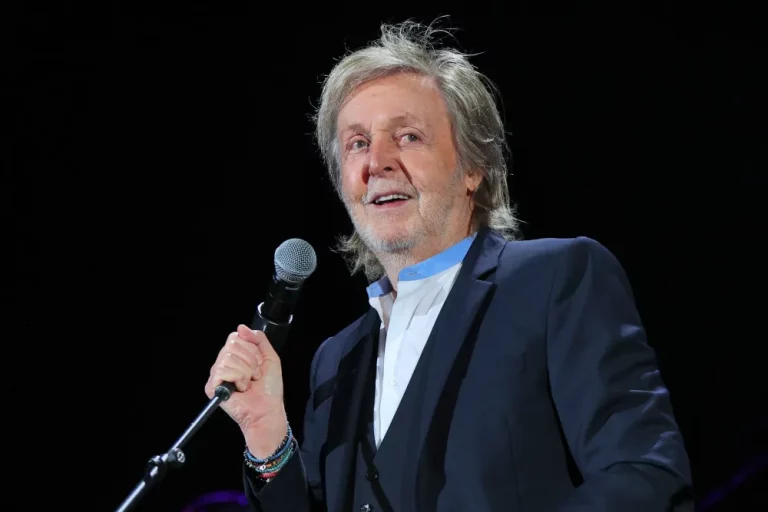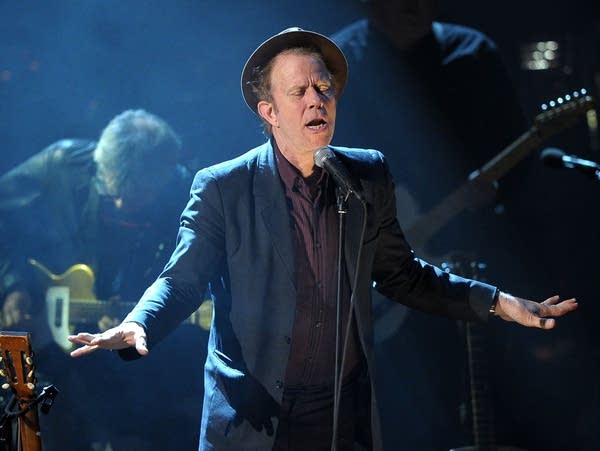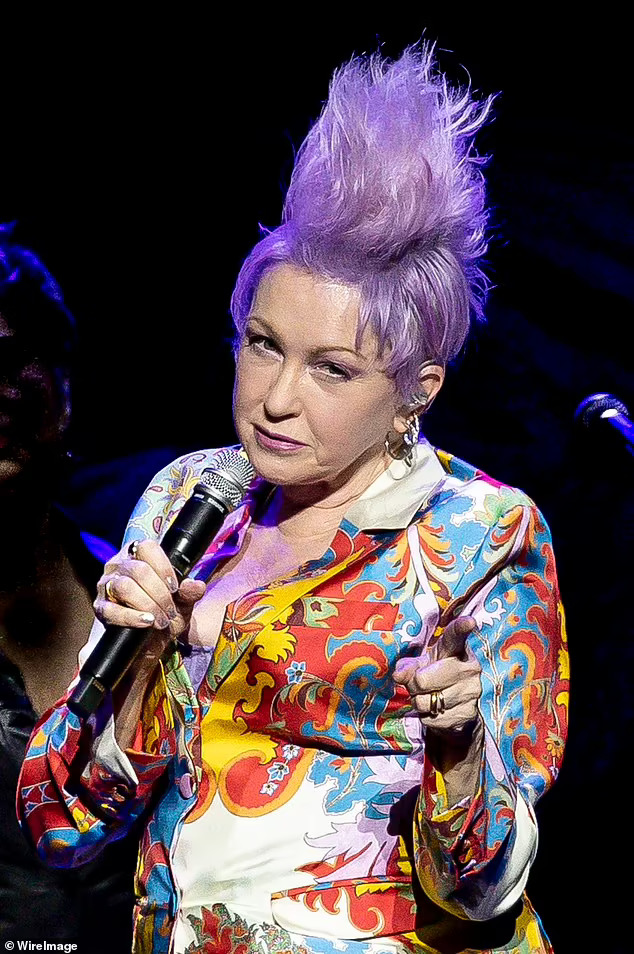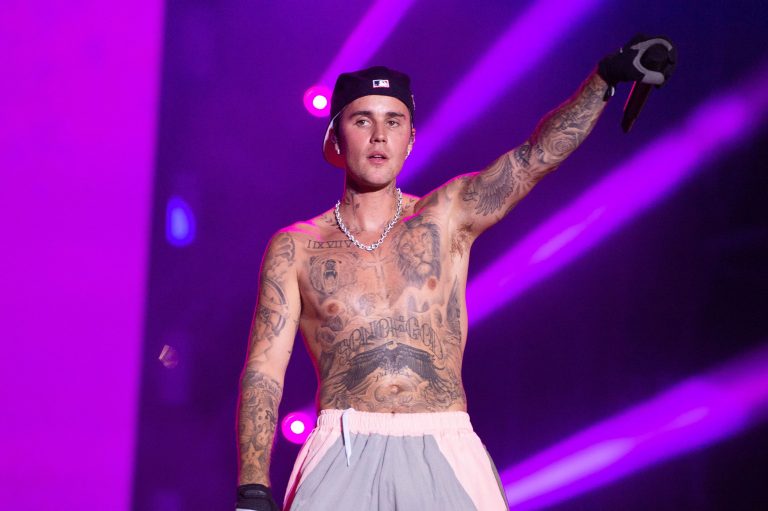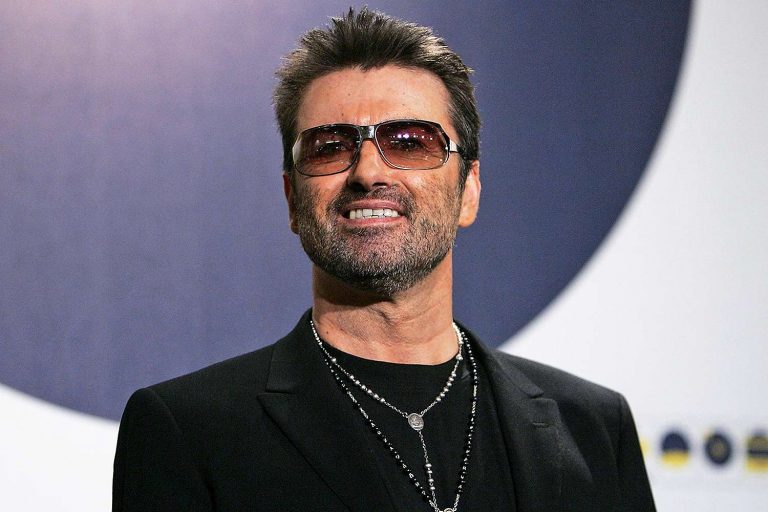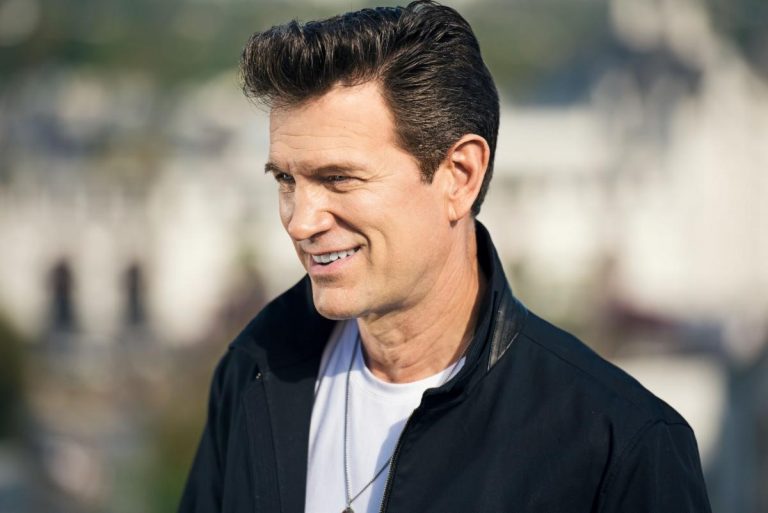On October 23, 1984, television history was made when Paul McCartney appeared as a guest on The Tonight Show Starring Johnny Carson. At the time, McCartney was promoting his film Give My Regards to Broad Street and its soundtrack album, which had just been released. But what made the appearance so special wasn’t just the promotion—it was the rare combination of two icons of entertainment sharing the same stage.
By the mid-1980s, Paul McCartney was already a living legend. As a former Beatle and one of the most successful solo artists of all time, he had spent two decades shaping the sound of modern music. Johnny Carson, meanwhile, was America’s late-night king, whose mix of sharp wit and smooth charm kept audiences tuned in every night. To see the two together created an atmosphere both historic and delightfully human.
The interview was a mix of humor, storytelling, and genuine warmth. Carson, never one to fawn over guests, treated McCartney with the same quick, teasing humor he gave everyone else—something Paul clearly appreciated. McCartney spoke about the challenges of making Broad Street, his love of songwriting, and shared a few anecdotes from his days with The Beatles. Fans watching at home were treated to rare glimpses of McCartney’s down-to-earth personality, far removed from the grandeur of stadium tours.
One particularly memorable moment was when Carson asked Paul about songwriting with John Lennon. McCartney described their partnership as “a conversation in music,” a line that has since been quoted by countless fans and writers.
Looking back, the episode stands as one of McCartney’s most charming television appearances of the era. It wasn’t just about promoting a movie—it was about reminding the world why Paul remained such a beloved figure: approachable, funny, and endlessly talented. For fans of both Carson and McCartney, that night in October 1984 remains a true meeting of legends.


